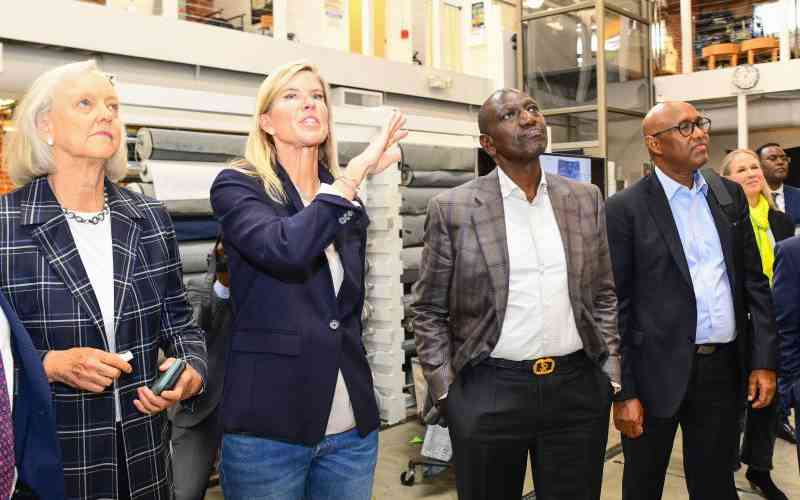×
The Standard e-Paper
Smart Minds Choose Us

From the time he was sworn in on September 13 last year, President William Ruto has spent one in every five days outside the country as he seeks to affirm Kenya's place on the global front.
Out of the 407 days that President Ruto has been in power, he has spent 83 days out of the country visiting over 45 cities in 38 countries.